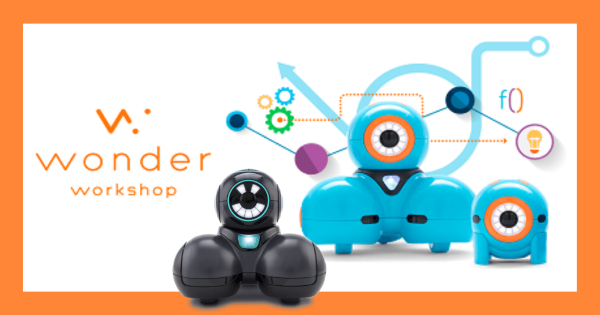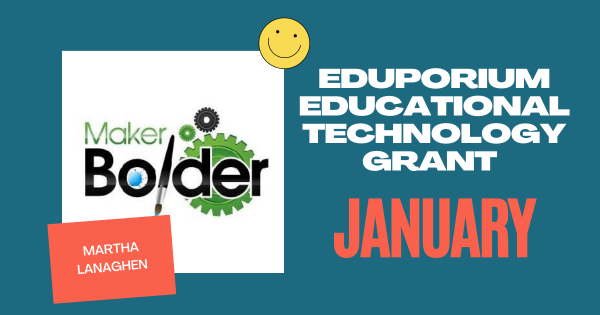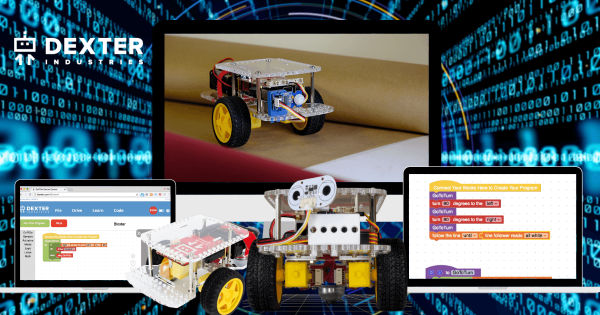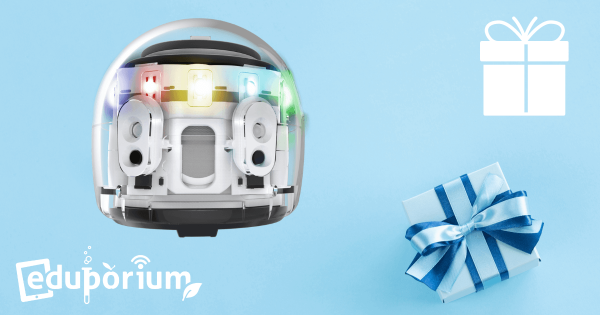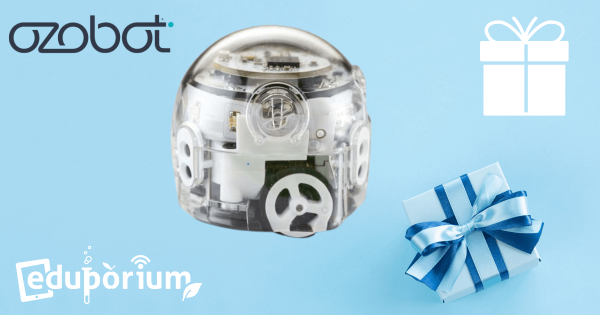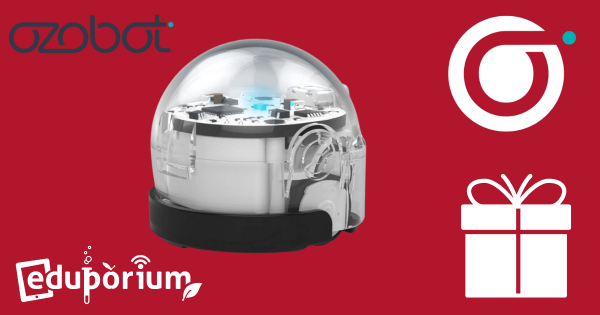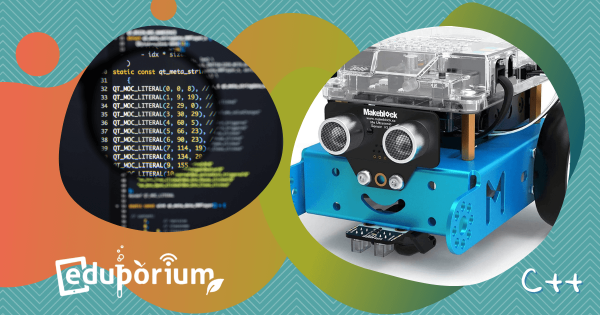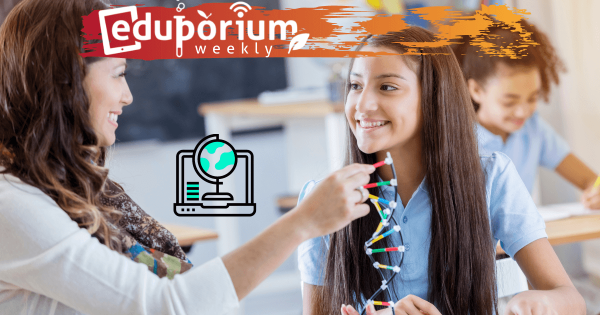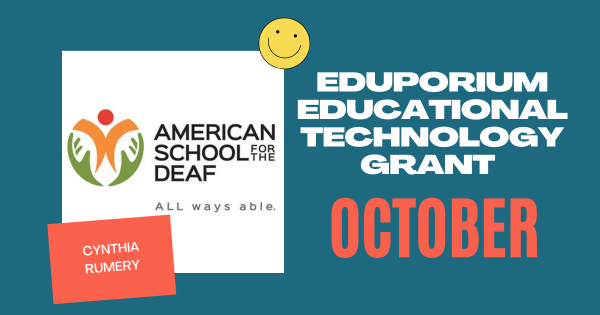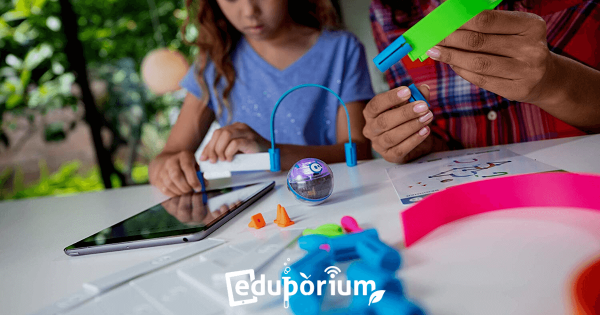Using their Dash and Dot Robots in elementary school along with the more advanced Cue Robot in middle school, the Wonder Workshop team is helping educators prepare students for tomorrow. If you didn’t know, we carry a bunch of their kits and accessories on our store, including their brand-new Gripper Building Kit!
Robotics
Some of the most popular paths and effective approaches to preparing students for their future involve using robotics tools. A significant subsection of STEM education, coding robots and other types of programmable devices enable a large percentage of the STEAM learning that occurs in our schools. Using educational robotics tools, students from Pre-K to college can develop key coding skills. This is largely because, among these various robot kits, many are compatible with various programming languages. So, beginning in Pre-K, a child might use the Cubetto Robot in screen-free coding activities. Then, they might move on to the Bee-Bot or Blue-Bot for CS experiences that are slightly more complex. And, by the time they're in kindergarten or first grade, they have a legitimate foundation and they're ready to continue developing fluencies in coding, problem solving, and even computational thinking.
One reason robotics in education is so effective is due to various advances in robotics equipment for schools. Beyond introducing the absolute basics of coding early on (and without a screen), students can then progress to one of the most basic forms of coding, which you might know as Blockly. So many robotics tools incorporate the Blockly coding language along with their corresponding programming environment. In fact, the Ozobot Evo, Root Robot, Edison Robot, and Dash Robot are among the most popular elementary robotics tools. These help children build on coding and technology knowledge as they prepare for the next step—text programming. In text coding, they can use tools like the databot 2.0, NAO Robot, and most of the others we've mentioned. And, through these experiences, they can develop STEM skills in a tangible way while using robotics tools to do so.
-
Our January Grant Recipient: Martha Lanaghen & MakerBolder
Since we launched our grant program, we’ve received many excellent proposals and have learned a ton about the creative projects educators have in mind! With that, the latest recipient of our grant is no exception and we’re excited to introduce January’s awardee, Martha Lanaghen from MakerBolder, an afterschool organization in Colorado! -
Get To Know The Unique Bloxter Programming Language
The workforce that we have now will likely undergo a lot of changes and so many new jobs will be created, replacing a lot of the ones that have always been more traditional. While we can’t predict exactly what this means, a lot of evidence points to tech skills being at the top of the list among everyone who wants -
Giving Gifts to a Librarian who's Created a Great STEAM Program
We are unable to award something to everybody who applies for our EdTech grant, so, this Holiday season, we selected a few of the applicants who weren’t chosen and sent them what they asked for. Alyssa Newton was one of the educators we sent something to and her students really seemed to love what they received. -
A Holiday Surprise: A New Ozobot Evo to Code With
Gail Morris is a teacher at Gauger-Cobbs Middle School in Newark, Del. She works a lot with students who have learning disabilities, but still wants to get them introduced to coding as much as possible—a mission that we certainly support! To close out 2018, we sent Gail an Ozobot Evo for her and her students to use and we’re excited -
Eduporium Holiday Gifts: Meet Another Teacher Recipient
We told you about the first beneficiary of some Holiday cheer we helped spread at the tail end of 2018 and now we’re going to talk about another one! At the end of December, we sent Holiday gifts to five educators who had previously applied for our EdTech grant but were not selected due to the number of applications and -
Take The Next Step In Teaching Programming With C++
The C++ programming language can be learned by anyone with some computer science experience. On the basic side, students can learn things like loops, arrays, strings, functions, and variables, while the more advanced programming with C++ includes the capability to control pointers, structures, dynamic allocation, binary trees, and more. -
Eduporium Weekly | STEM and All that it Covers
As STEM education has developed over the last few years, now there are even more ways for teachers to deliver an innovative educational experience for their students. STEM education has been broken down into various focuses, including robotics, coding, 3D printing, and more, but there have also been letters added. -
Eduporium October Grant Recipient Announced
We’re excited to announce that our latest EdTech grant recipient is Cynthia Rumery, an elementary, middle, and high school teacher at the American School for the Deaf in West Hartford, CT. Cynthia is extremely dedicated to providing her students with innovative and visual opportunities to help them develop the skills of tomorrow! -
With More New Models, Sphero Kits Support Your STEM Goals
The Sphero Robots truly work great in K–12 STEAM and CS education. We mean really great. Starting early on, and then all the way up through middle school, teachers love the value that the Sphero solutions add to classroom instruction. Perfect for empowering true 21st century problem solvers, the various Sphero Robots are must-add teaching tools with a ton of




